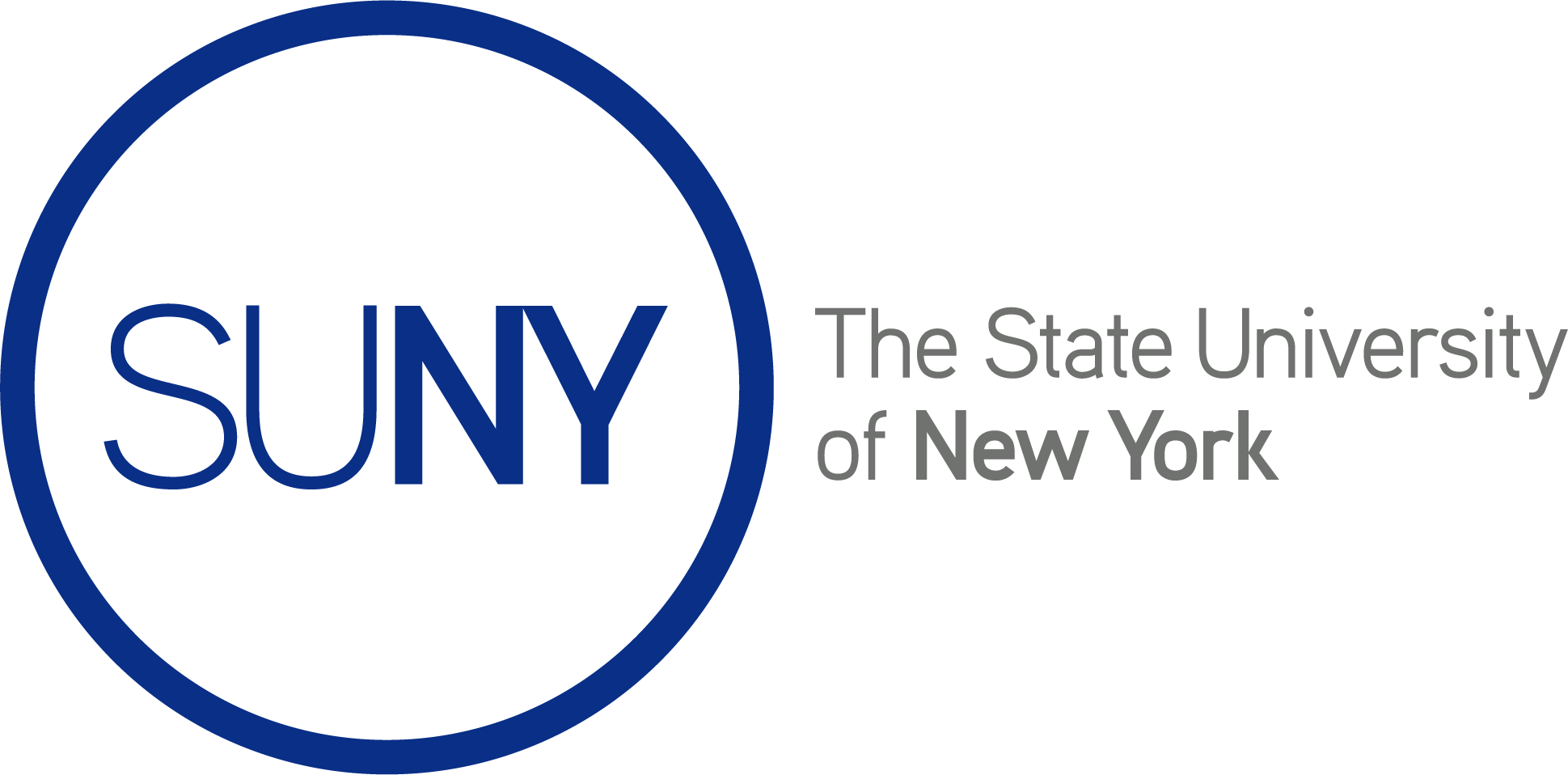Copyright and Fair Use (Faculty)
You may be wondering how copyright restrictions and fair use apply on the SUNY Oneonta OpenLab.
While copyrighted works are restricted by law, there are many uses considered legitimate under the fair use doctrine, which allows the limited usage, within specific parameters, of copyrighted material without receiving permission from the owner. Fair use covers uses such as quotation for the purposes of commentary or criticism, parody, news reporting, and scholarly and educational use.
The same principles you would use in your own scholarly work apply on the SUNY Oneonta OpenLab. However, there are a few differences. Below are some guidelines for teaching on the SUNY Oneonta OpenLab or posting work on your own website. Additional information is available at Our Library’s Copyright Guide.
- While printed course packs are considered legal under fair use, it is not legal to post copyrighted materials for download on a website that is open to the public.
- It is always permissible to link directly to an article available online in one of the SUNY Oneonta library databases. Instructions are available on the library website, or contact your library subject specialist for more information.
- We are exploring solutions for password-protecting files on individual pages and posts for public sites, but for now pages and posts on a public site are not a secure place for files you would like password-protected, unless the site is private. If your site is public, we advise that you use Dropbox or another external file sharing site until we find a solution. If your course or project profile is private, you can also use the Files area.
- According to fair use guidelines, you may post parts of creative works–for example music, video, or images–in order to comment on or critique them as long as you give credit to the author and do not post the entire work.
- It is always best to embed video from another site, such as YouTube or Vimeo. These sites do their best to make sure their content adheres to copyright rules. However, they can’t always check everything, so use your best judgement and don’t embed anything you know or suspect infringes on copyright.
- When using images that are not yours:
- Use open license images, such as those licensed through Creative Commons. You may use these as long as you credit the original owner or creator of the image.
- Try to find images that are in the public domain, which are free of copyright. In the U.S., images created before 1923 are automatically in the public domain.
- Find out whether you have permission to use an image. If it says “all rights reserved” or “copyright,” do not use it. Or, if you can’t find any copyright information or if you’re unsure, it’s best not to use.
- Read our help page on images for more information, including where you can find open license and public domain images.
- When using images that are not yours:
- You can also link to a website, text, image, video, or music; again, it’s best not to link to something you know is infringing on copyright.
Licensing your own Work on the SUNY Oneonta OpenLab
Any content that you or your students create or post on the SUNY Oneonta OpenLab is automatically protected under the terms and conditions of a Creative Commons Attribution NonCommercial Share-Alike 3.0 license, or any successor or equivalent Creative Commons license. However, you are free to specify other copyright conditions for any content that you create or post on the SUNY Oneonta OpenLab. You will need to specify those on your own site if they differ from the general OpenLab license.
If you have questions about copyright and fair use, or concerns about violations related to your content, please contact us at helpme@oneonta.edu.
Additional Resources
Copyright and Fair Use
https://libguides.oneonta.edu/copyright-fairuse/home
Learn more about copyright and fair use from this great resource compiled by the SUNY Oneonta Library.
Teaching Copyright
http://www.teachingcopyright.org
This site was created by the Electronic Frontier Foundation for K-12 education, but is still a great resource for anyone.
Creative Commons
http://creativecommons.org/
Learn more about the Creative Commons License used by the OpenLab, as well as Creative Commons in general, which allows a more flexible approach to protecting intellectual and creative work than “all rights reserved.”

